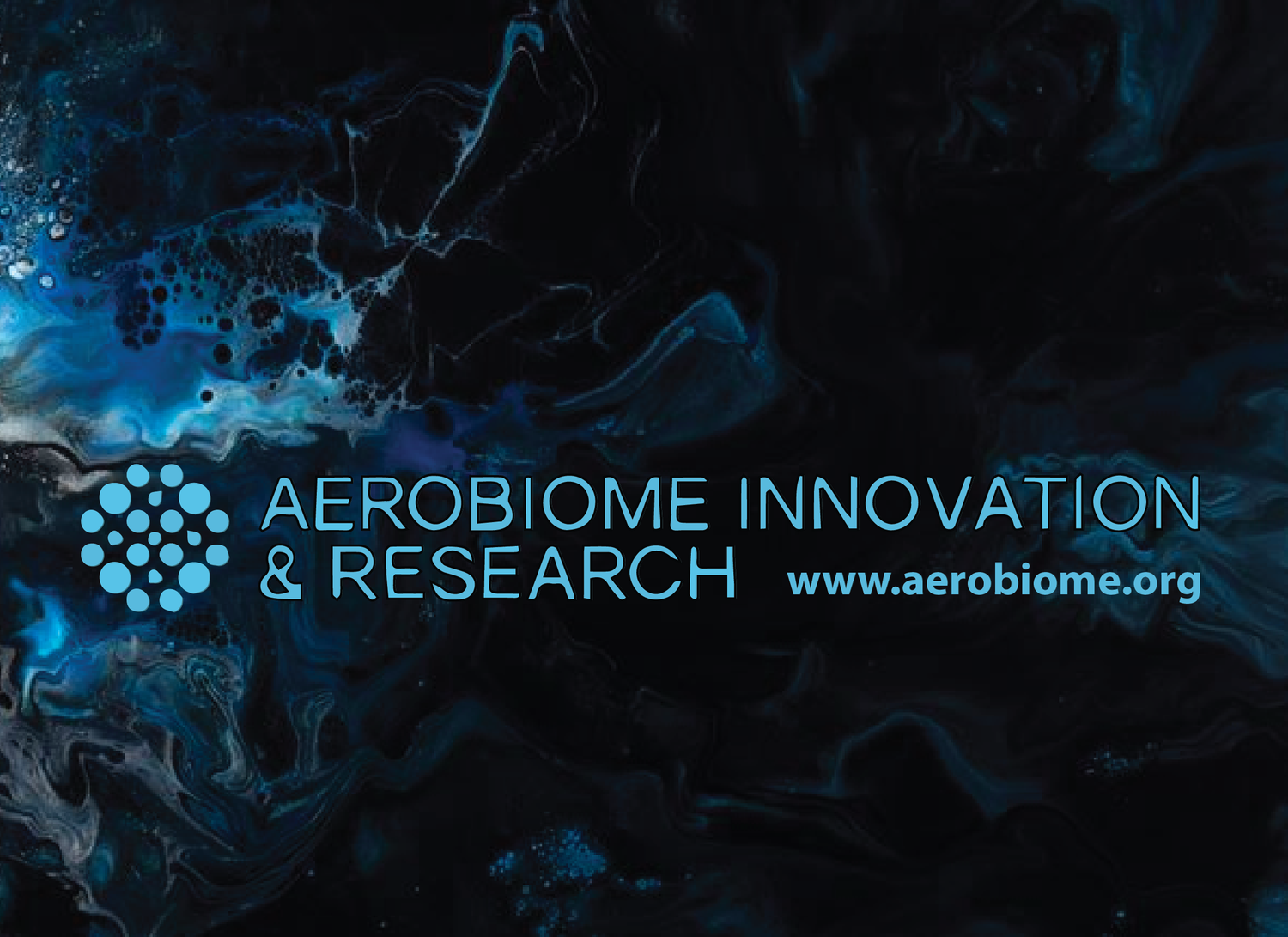The ‘Database of Good Things’
For decades, microbial and biochemical research has focused on pathogens, overlooking the salutogenic (health-promoting) potential of environmental microbes and compounds. Developed by Dr. Jake M. Robinson and colleagues at the Aerobiome Innovation and Research Hub (AIR Hub), Flinders University, the ‘Database of Good Things’ aims to shift this paradigm by cataloguing beneficial microbes and biochemical compounds like phytoncides, mVOCs, endotoxins, and aeronutrients that may support immune function, reduce inflammation, and enhance mental and physical wellbeing.
What is the Database of Good Things?
The database, available via Tableau Public, catalogues:
- Salutogenic Microbes – Beneficial taxa that promote gut health, regulate inflammation and immunity, and improve metabolic processes.
- Salutogenic Biochemical Compounds – Plant-based volatiles and organic compounds with antimicrobial, anti-inflammatory and stress-reducing properties.
It also includes in-development categories such as microbial volatile organic compounds (mVOCs), endotoxins, and aeronutrients. Researchers can query environmental profiles to identify salutogenic agents and generate actionable insights for public health, urban planning, and ecosystem restoration.
Why it matters
The database supports a paradigm shift in microbial research, aligning with the ‘old friends’ and biodiversity hypotheses, which suggest that reduced exposure to beneficial microbes may be linked to rising autoimmune disorders and chronic diseases. Applications include:
Public health: Designing environments that enhance natural microbiome diversity.
Urban planning: Incorporating features that promote salutogenic agents in green/blue spaces.
Ecosystem restoration: Leveraging beneficial microbes to restore degraded landscapes.
Future directions
While still in its beta phase, the database will continue to evolve, incorporating emerging research and leveraging machine learning to predict salutogenic potential in uncharacterised samples. As this initiative grows, it promises to redefine how we harness microbial and biochemical ecosystems to improve human and environmental health.
The ‘Database of Good Things’ is a transformative step toward a healthier, more balanced relationship between humans and the rest of nature.
